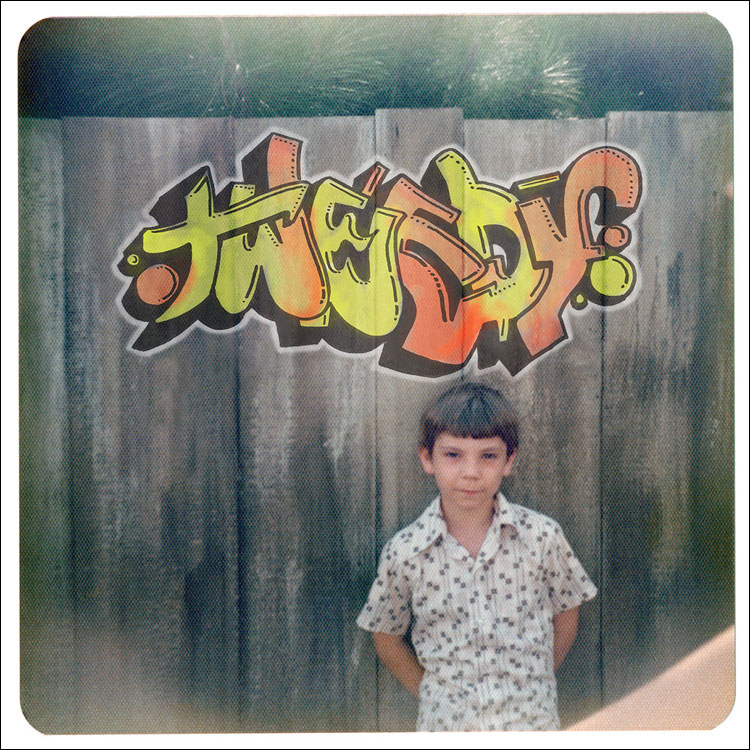
News
HMS Is Facing a Deficit. Under Trump, Some Fear It May Get Worse.

News
Cambridge Police Respond to Three Armed Robberies Over Holiday Weekend

News
What’s Next for Harvard’s Legacy of Slavery Initiative?

News
MassDOT Adds Unpopular Train Layover to Allston I-90 Project in Sudden Reversal

News
Denied Winter Campus Housing, International Students Scramble to Find Alternative Options
‘Sukierae’ a Heartwarming Tribute to Family
Tweedy-Sukierae-dBpm Records-4 STARS
Richard Linklater’s summer film “Boyhood” was the first place many of us encountered material from “Sukierae,” the debut album from Wilco frontman Jeff Tweedy’s side project with his son Spencer. “Boyhood” features the song “Summer Noon,” a light and airy tribute to growing up and experiencing the world. It makes sense that the film and “Sukierae” would intersect, as they deal with very similar themes. Linklater makes his theme very evident in the title of his film, while Jeff Tweedy keeps his better shrouded. At the heart of each of these works are fathers, sons, and mothers, as well as the relentless passing of time. Christopher Orr, a reviewer for The Atlantic, wrote that while “Boyhood” was good, a more ambitious movie might have been called “Adulthood.” “Sukierae” is that concept realized.
The album begins with something of a false start. “Please Don’t Let Me Be So Misunderstood” opens with barreling guitar and energetic drum beats. It’s noisy and angsty, and Jeff Tweedy sings in a raspy sort of yell. But with the second track, “High as Hello,” Tweedy settles into much more familiar territory for Wilco fans: the wispy, sometimes sleepy sound for which the band is famous.
Still, the album manages to break ground while staying true to Tweedy’s signature aesthetic. “Slow Love” has an extended instrumental intro that showcases the drumming ability of Spencer Tweedy. “I’ll Sing It” features an eerie, discordant bridge that bursts open into a catchy chorus fusing Motown with Nirvana, only to cut it off again with a series of noises that sound like something out of a black-and-white horror movie.
In “Down from Above,” Tweedy sings in a meek voice above a slow, steady, drumbeat, evocative of a ticking clock. It has a deeply personal, mournful quality, lamenting the infirmity of his wife, who is battling with cancer, but also of mortality itself. The drumbeat presses on, and in that same small voice Tweedy sings, “When the last book is written, the last song is sung. When the last beginner has begun / Down from above, comes the day, a light is made, to go away.”
And yet, throughout the album, a second story is being told. With every strike of the drum we are reminded of another presence in the music. While Jeff Tweedy is beginning the descent down the arc of adulthood, Spencer is at its summit. His youth can be felt on songs like “Low Key” and “Summer Noon.” At times it almost feels as though we are looking in on a conversation between Jeff and Spencer, a father relaying memories and confessions to his son. This effect is reached fully in “Pigeons,” where Spencer’s drums are absent and Jeff Tweedy offers advice and observations to his son in a vulnerable whisper.
It’s stripped-down that Tweedy sounds best. It’s in these moments that Jeff Tweedy’s message becomes clear and his decision to make an album with his son, at this point in his career, makes perfect sense. This is an ode to autumn and the coming winter. It’s a portrait of middle age, and a talented son, and a wife who is struggling to hold on.
“Sukierae” has flaws. With a tracklist of 20 songs, it feels tedious and drawn out at times. But despite its failings, the album represents an important step forward in both Jeff and Spencer Tweedy’s careers. Jeff Tweedy is one of the few artists who have been continually successful in remaining true to his fan base while developing as a musician. From the abrupt entrance to the slow, sad end, the album manages to be deeply personal and affecting, while remaining a comfortable listen.
Want to keep up with breaking news? Subscribe to our email newsletter.

